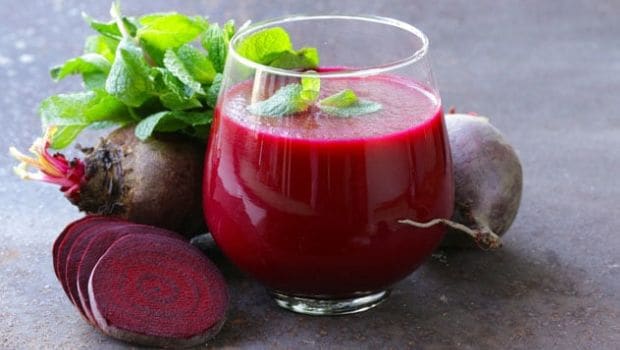Beetroot juice has earned its spot in the limelight for its potential health benefits.
Packed with essential nutrients and antioxidants, this vibrant elixir has become a popular choice for health-conscious individuals.
However, like any good thing in life, there can be a thing such as too much beetroot juice.
In this blog post, I’ll explore the bright and dark sides of beetroot juice, unveiling the side effects and potential risks associated with its consumption.
READ ALSO: Unveiling the Mystique of Powerful Viking Braids Men 2024 & More
Table of Contents
READ ALSO: 5 Potential Yohimbe Side Effects You Might Suffer
The Goodness of Beetroot Juice

Before I delve into the potential side effects, it’s crucial to understand why beetroot juice has gained its reputation as a health elixir. Rich in vitamins, minerals, and dietary nitrates, beetroot juice has been linked to various health benefits.
- Heart Health: Beetroot juice is often praised for its ability to lower blood pressure due to its nitrate content. Nitrates help dilate blood vessels, improving blood flow and reducing the risk of hypertension.
- Improved Exercise Performance: Athletes and fitness enthusiasts are drawn to beetroot juice’s potential to enhance exercise performance. The nitrates in beetroot juice may improve oxygen delivery to muscles, leading to increased endurance.
- Detoxification: The antioxidants and phytonutrients in beetroots support the body’s natural detoxification processes. Regular consumption may aid in the elimination of harmful toxins.
- Brain Health: Some studies suggest that beetroot juice can boost cognitive function and improve mental clarity, thanks to its nitric oxide-boosting properties.
Possible Side Effects of Too Much Beetroot Juice
Despite its impressive health benefits, beetroot juice is not a one-size-fits-all solution. It’s essential to be aware of potential beetroot juice side effects and risks:
Red Beet Juice Side Effects #1: Gastrointestinal Distress
One of the most common side effects of beetroot juice is gastrointestinal distress. The high fiber content in beets can lead to bloating, gas, and stomach discomfort, especially when consumed in excess.
Too Much Beet Juice Side Effects #2: Kidney Stones
Beetroots are rich in oxalates, compounds that can contribute to the formation of kidney stones in susceptible individuals. If you have a history of kidney stones, it’s advisable to consume beetroot juice in moderation.
Juicing Beets Dangers #3: Colorful Surprises
A somewhat amusing side effect is a condition called beeturia. After consuming beetroot juice, some individuals may notice red or pinkish urine and even red-colored stools. This is harmless but can be startling if you’re not expecting it.
- Low Blood Pressure: While beetroot juice can help lower blood pressure, it may be problematic for those with naturally low blood pressure. Consuming too much beetroot juice can lead to hypotension, causing dizziness and fainting.
- Allergic Reactions: Some people may experience allergic reactions to beetroot juice, ranging from itching and hives to more severe symptoms like difficulty breathing. If you have a history of food allergies, exercise caution.
Finding the Balance
Understanding the side effects of beetroot juice is the first step in making it a beneficial addition to your diet. To strike a balance between reaping the benefits and avoiding the drawbacks, consider the following tips:
- Moderation is Key: Start with small quantities of beetroot juice to test your tolerance. You can gradually increase your intake as your body adjusts.
- Consult Your Healthcare Provider: If you have preexisting medical conditions or are taking medications, consult your healthcare provider before incorporating beetroot juice into your diet.
Photo Credits: NDTV Food